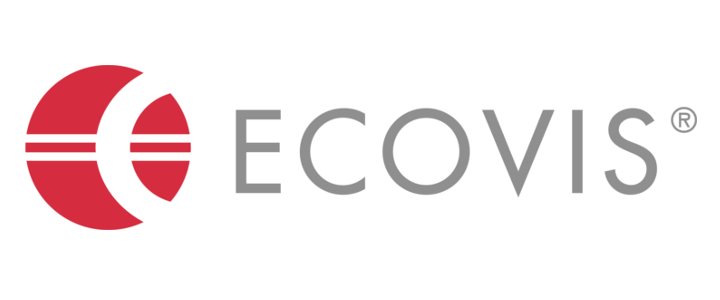The UAE does not levy personal income tax. However, it introduced VAT on 1 January 2018 and excise tax on 1 October 2017.
What is excise tax?
Excise tax was introduced across the UAE on 1 October 2017. Excise tax is a form of indirect tax levied on specific goods which are typically harmful to human health or the environment. The aim of excise tax is to reduce consumption of these commodities, whilst also raising revenues for the government that can be spent on public services (see also “Rates of Excise Tax in the UAE”). These goods are referred to as “excise goods”. When considering whether a product is an excise good, the following definitions apply:
- Carbonated drinks include any aerated beverage except for unflavoured aerated water. Also considered to be carbonated drinks are any concentrations, powders, gels, or extracts intended to be made into an aerated beverage.
- Energy drinks include any beverages which are marketed or sold as an energy drink and contain stimulant substances that provide mental and physical stimulation. This includes, among others: caffeine, taurine, ginseng.
- Tobacco and tobacco products and devices.
- From 1 December 2019: Electronic smoking devices and tools, liquids used in such devices and sweetened drinks.
Registering for excise tax is the responsibility of any business engaged in (see also “Registration, Cost and Effect of Excise Tax in the UAE”)
- the import of excise goods into the UAE
- the production of excise goods where they are released for consumption in the UAE
- the stockpiling of excise goods in the UAE in certain cases
- anyone who is responsible for overseeing an excise warehouse or designated storage space
For further information please contact:
Bayhas Al Kudaimy, Manager – Legal & Advisory, ECOVIS Fuller International CPA (a member of ECOVIS International), Dubai, United Arab Emirates
www.ecovis.com/uae

